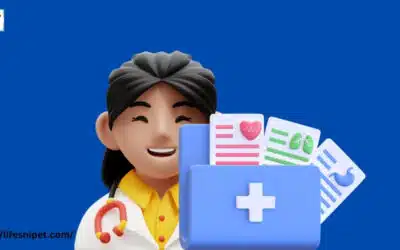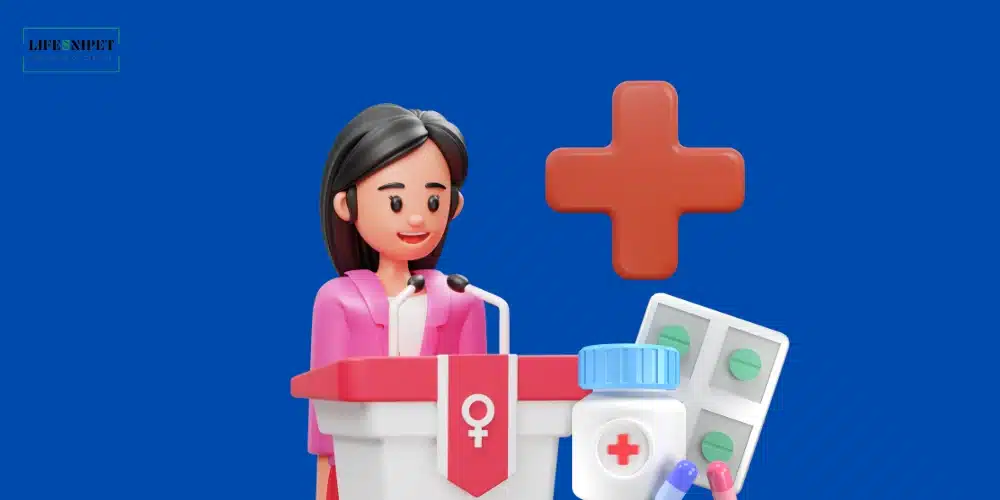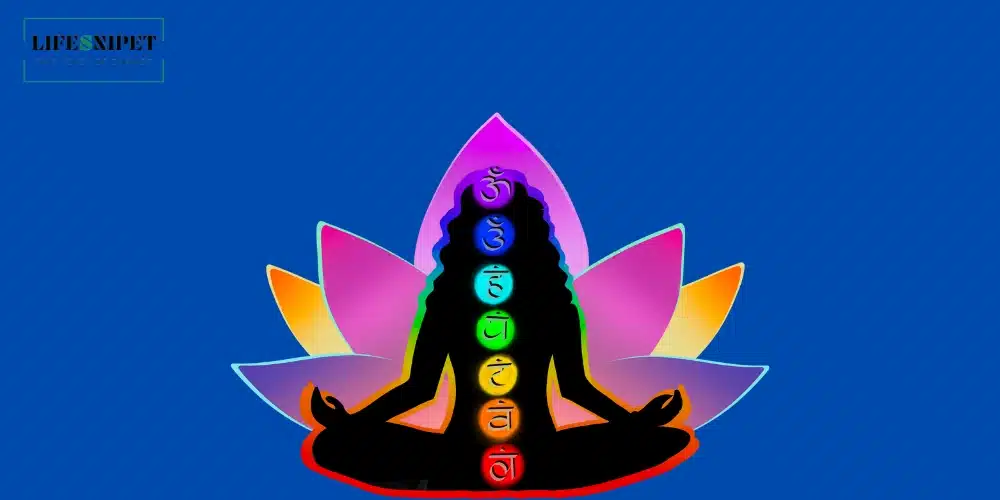Depression is a complex and often misunderstood mental health condition that affects millions of people worldwide. As someone who has personally experienced the challenges of depression, I want to shed light on this silent struggle and provide insights into its various aspects. In this article, I will explore what depression is, the different types of depression, its causes, and symptoms, and the effects it can have on mental and physical health. We will also debunk some common myths and misconceptions surrounding depression, discuss the importance of seeking help, and explore treatment options, coping strategies, and ways to support a loved one. By the end of this article, you will have a deeper understanding of depression and the resources available to help you or someone you know to navigate this difficult journey.
What is Depression?
Depression is more than just feeling sad or going through a rough patch. It is a persistent and pervasive mood disorder that affects how we think, feel, and handle daily activities. It goes beyond life’s normal ups and downs and can interfere with our ability to function and enjoy life. Depression can manifest in various ways and its severity can range from mild to severe. Some common symptoms include persistent sadness, loss of interest in activities, changes in appetite and sleep patterns, difficulty concentrating, and feelings of hopelessness or worthlessness. It is important to note that depression is not a sign of weakness or a character flaw, but rather a medical condition that requires understanding and support.
Types of Depression
Depression is a complex condition with various subtypes. Major Depressive Disorder (MDD) is the most common form of depression, characterized by persistent feelings of sadness, loss of interest, and a lack of pleasure in daily activities. Another common subtype is Persistent Depressive Disorder (PDD), which involves a chronic depressed mood lasting for at least two years. Other types of depression include postpartum depression, seasonal affective disorder (SAD), and bipolar disorder. Each subtype has unique features and treatment approaches, highlighting the importance of accurate diagnosis and tailored treatment plans.
Causes of Depression
The exact cause of depression is multifaceted and not fully understood. It is believed to result from a combination of genetic, biological, environmental, and psychological factors. Some individuals may be predisposed to depression due to their genetic makeup, while others may develop it as a result of a traumatic event, chronic stress, or a chemical imbalance in the brain. Certain medical conditions, such as thyroid disorders or chronic pain, can also contribute to the development of depression. Understanding the causes of depression is essential to address the underlying factors and provide effective treatment and support.
Symptoms of Depression
Recognizing the symptoms of depression is crucial for early intervention and effective management. While the severity and duration of symptoms can vary, common signs include persistent feelings of sadness or emptiness, loss of interest in once-enjoyable activities, changes in appetite and sleep patterns, fatigue or lack of energy, difficulty concentrating or making decisions, feelings of worthlessness or guilt, and recurrent thoughts of death or suicide. It is important to note that not everyone experiences the same symptoms, and some individuals may display atypical signs of depression. If you or someone you know is experiencing these symptoms, seeking professional help is strongly advised.
Effects of Depression on Mental and Physical Health
Depression can have profound effects on both mental and physical health. From a mental health perspective, it can lead to a decreased quality of life, impaired cognitive function, and an increased risk of developing other mental health conditions, such as anxiety disorders. Depression can also impact physical health, contributing to a weakened immune system, sleep disturbances, changes in appetite, and an increased risk of developing chronic health conditions like heart disease and diabetes. The mind-body connection is strong, and addressing both the mental and physical aspects of depression is crucial for comprehensive and effective treatment.
Myths and Misconceptions about Depression
Unfortunately, there are many myths and misconceptions surrounding depression that contribute to stigma and hinder understanding. One common myth is that depression is simply a result of laziness or a lack of willpower. In reality, depression is a complex condition with biological and environmental factors at play. Another myth is that people with depression can just “snap out of it” if they try hard enough. Depression is not a choice, and individuals need support and understanding rather than judgment. It is important to debunk these myths and educate ourselves and others about the realities of depression to foster compassion and empathy.
Seeking Help for Depression
Seeking help for depression is a crucial step towards recovery. Many individuals with depression hesitate to reach out due to feelings of shame, fear, or a belief that they can handle it on their own. However, seeking professional help is essential to receive an accurate diagnosis, develop a personalized treatment plan, and access the necessary support. Mental health professionals, such as psychologists and psychiatrists, are trained to provide effective interventions, including therapy and medication if necessary. It is important to remember that asking for help is a sign of strength and courage, and there is no shame in seeking the support you need.
Treatment Options for Depression
Depression is a treatable condition, and there are various treatment options available. The most common approaches include psychotherapy, medication, or a combination of both. Psychotherapy, such as cognitive-behavioral therapy (CBT) or interpersonal therapy (IPT), can help individuals identify and change negative thought patterns, develop coping skills, and improve relationships. Medications, such as selective serotonin reuptake inhibitors (SSRIs) or serotonin-norepinephrine reuptake inhibitors (SNRIs), can help rebalance brain chemicals and alleviate symptoms. Lifestyle modifications, such as regular exercise, healthy eating, and stress management techniques, can also play a significant role in managing depression.
Coping Strategies for Managing Depression
In addition to professional treatment, various coping strategies can help individuals manage their depression on a day-to-day basis. Engaging in regular physical activity has been shown to have positive effects on mood and overall well-being. Building a strong support network of family and friends who can provide understanding and encouragement is also important. Practicing self-care, such as engaging in activities that bring joy and relaxation, setting realistic goals, and prioritizing sleep and nutrition, can contribute to overall mental health. Identifying individualized coping strategies that work best for you and incorporating them into your daily routine is crucial.
Supporting a Loved One with Depression
If someone you care about is struggling with depression, your support can make a significant difference in their journey toward recovery. It is important to approach the situation with empathy, understanding, and patience. Validate their feelings and let them know that you are there for them. Encourage them to seek professional help and offer to accompany them to appointments if they feel comfortable. Avoid judgment or minimizing their experiences; instead, offer a listening ear and a shoulder to lean on. Educate yourself about depression to better understand their struggles, and encourage them to engage in activities they enjoy. Remember, your support can be a lifeline for someone battling depression.
Resources for Depression Support
Fortunately, there are numerous resources available for individuals seeking support and information about depression. National helplines and crisis hotlines can provide immediate assistance to those in need. Mental health organizations and online communities offer valuable resources, educational materials, and forums for individuals to connect with others who are going through similar experiences. Additionally, many countries have mental health initiatives and programs that provide affordable or free mental health services. Accessing these resources can provide support and guidance throughout the journey of managing depression.
Conclusion
Depression is a complex and challenging mental health condition that affects millions of individuals worldwide. By understanding what depression is, its different types, causes, symptoms, and effects on mental and physical health, we can break down barriers and foster empathy and support. Debunking myths and misconceptions, seeking professional help, exploring treatment options, and implementing coping strategies are essential steps in managing depression. Supporting a loved one through their journey and accessing available resources can significantly affect their recovery. Remember, you are not alone in this silent struggle, and there is hope and help available.
FAQs
Q: Is depression a sign of weakness?
A: No, depression is not a sign of weakness. It is a medical condition that can affect anyone, regardless of their strength or willpower.
Q: Can depression go away on its own without treatment?
A: While some individuals may experience a temporary improvement in symptoms, it is important to seek professional help for an accurate diagnosis and appropriate treatment. Depression is a treatable condition, and early intervention can lead to better outcomes.
Q: How can I support a loved one with depression?
A: Supporting a loved one with depression involves offering empathy, understanding, and patience. Encourage them to seek professional help, educate themselves about depression, and provide a listening ear and a shoulder to lean on.
Q: Are there any natural remedies for depression?
A: While lifestyle modifications such as regular exercise, healthy eating, and stress management techniques can help manage depression, it is important to seek professional guidance for an accurate diagnosis and appropriate treatment. Natural remedies should be used as complementary to professional care, not as a substitute.
Q: Where can I find resources and support for depression?
A: Numerous resources are available for individuals seeking support and information about depression. National helplines, mental health organizations, online communities, and local mental health initiatives can provide valuable resources, support, and guidance. Reach out and utilize these resources to navigate your journey with depression.

Welcome to LifeSnipet! At LifeSnipet, we’re your ultimate source for the latest health updates. Specializing in health and fitness-related diseases, we delve deep into Ayurvedic techniques, providing you with a comprehensive understanding of well-being. Explore our real-time updates, detailed articles, and ancient Ayurvedic wisdom for a holistic approach to health. Embark on a journey to a healthier, vibrant life with LifeSnipet – where your well-being is our priority!











